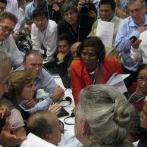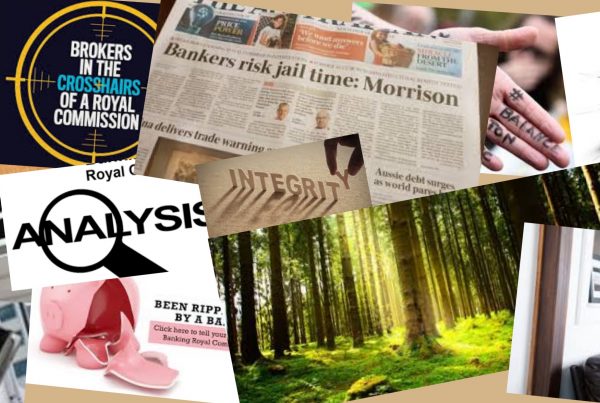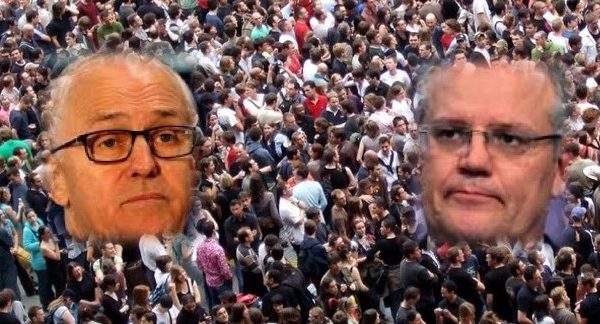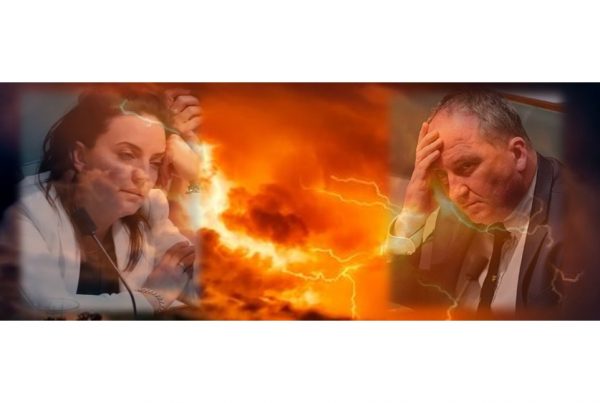At some stage, we think, the term ‘Energy Literacy’ will enter the vernacular. It’s surprising it hasn’t already, as the lack of the public knowledge in this area seems to be a policy maker’s curse in terms of maintaining a balance between environmental sustainability, social sustainability, and financial sustainability.
Test yourself. Do you feel there are so many questions and so few answers? There are the three BIG questions surrounding the resource/energy debate – each one hotly contested by scientists and politicians. And doesn’t answering one question seems to simply pose another?
Q1. Do we have enough? Is it overly trite to simply say ‘we need all we can get’? Is Peak Oil a reality? Will wind and solar energy help, or is that just a green wish? What is the right balance between biofuels and food production? Can we get by without nuclear?
Q2. Are our supplies secure? Energy security isn’t such a big deal in Australia, but in the US, and parts of Europe, and China it’s a major concern. Will that other guy cut off our supply? Will that same other guy more subtly manipulate our supply and send prices skyrocketing? So do we need to produce our own supplies of energy? And if ‘we’ are a country that is a supplier – is our income secure? Is that other guy going to pull on a trade embargo?
Is that other guy going to pull on a trade embargo?
Q3. What is the impact on the environment? How real is global warming? Is a carbon tax a help, or should we be pursuing cap-and-trade? Does 2 degrees celsius really matter? And if it does, what do we do about it?
These questions are all policy makers’ nightmares. How does a government pursue a policy that does not have scientific or community support? Does it come down to energy literacy – the long term process of empowering people with information?





